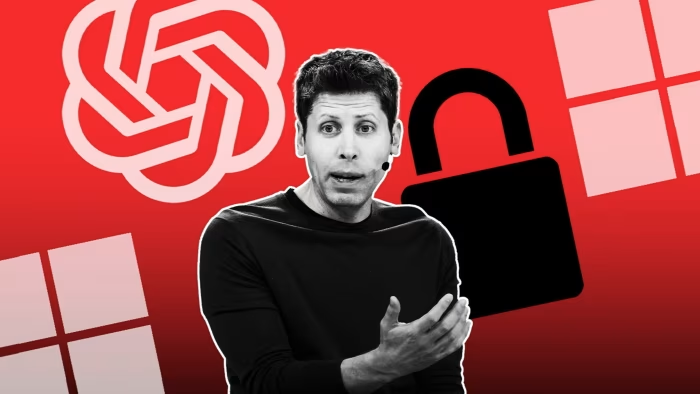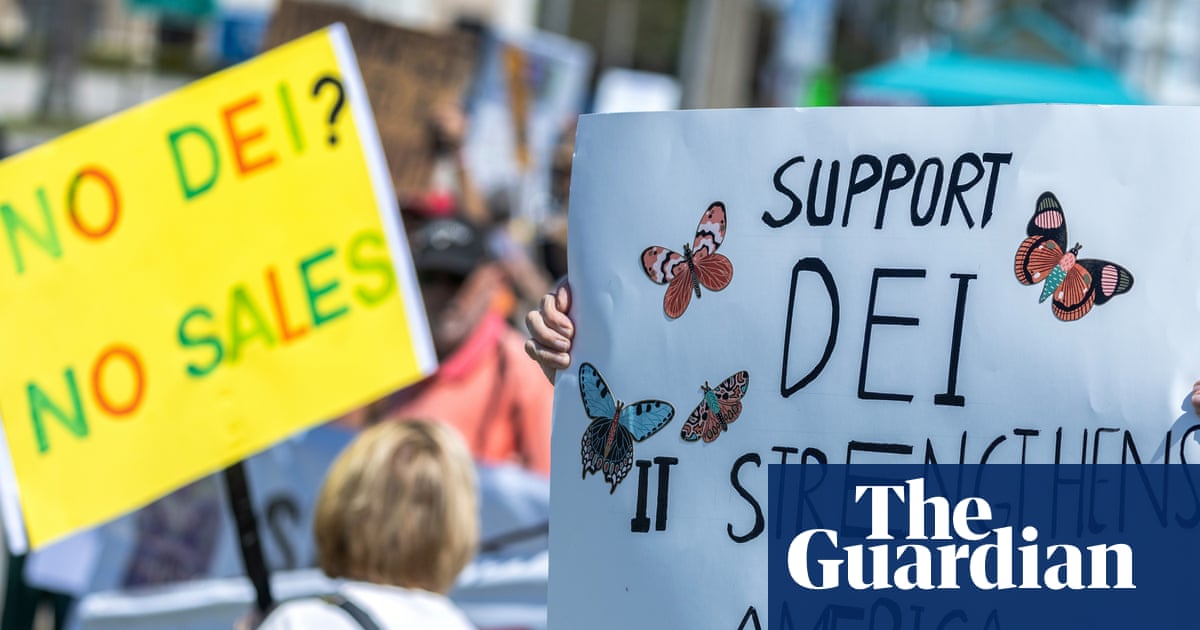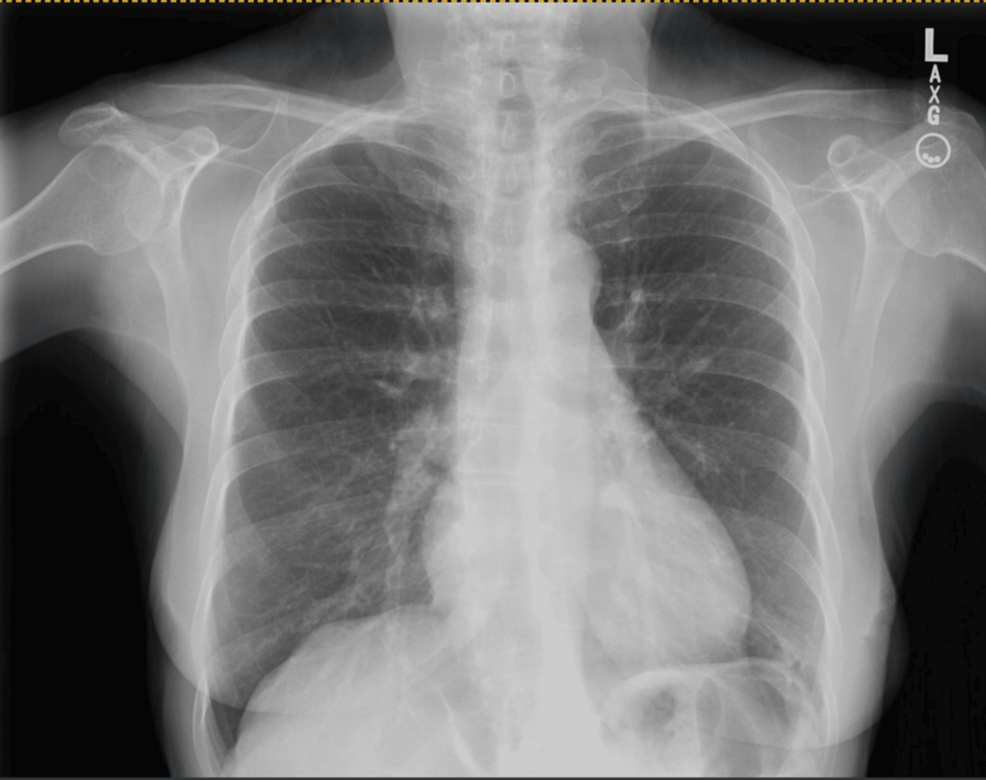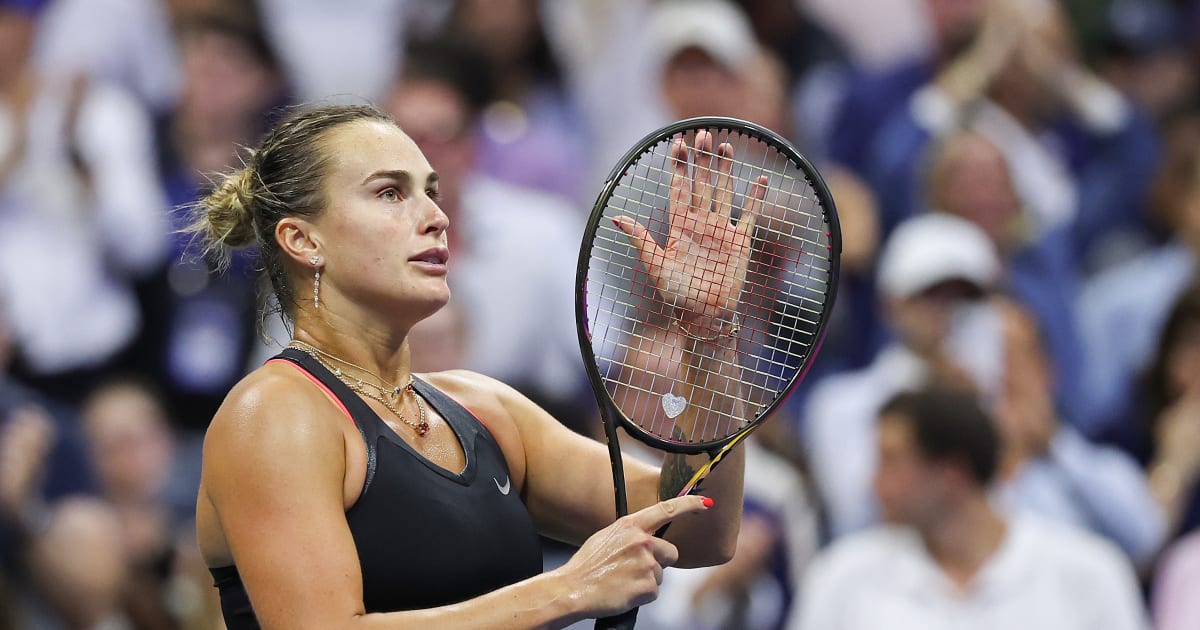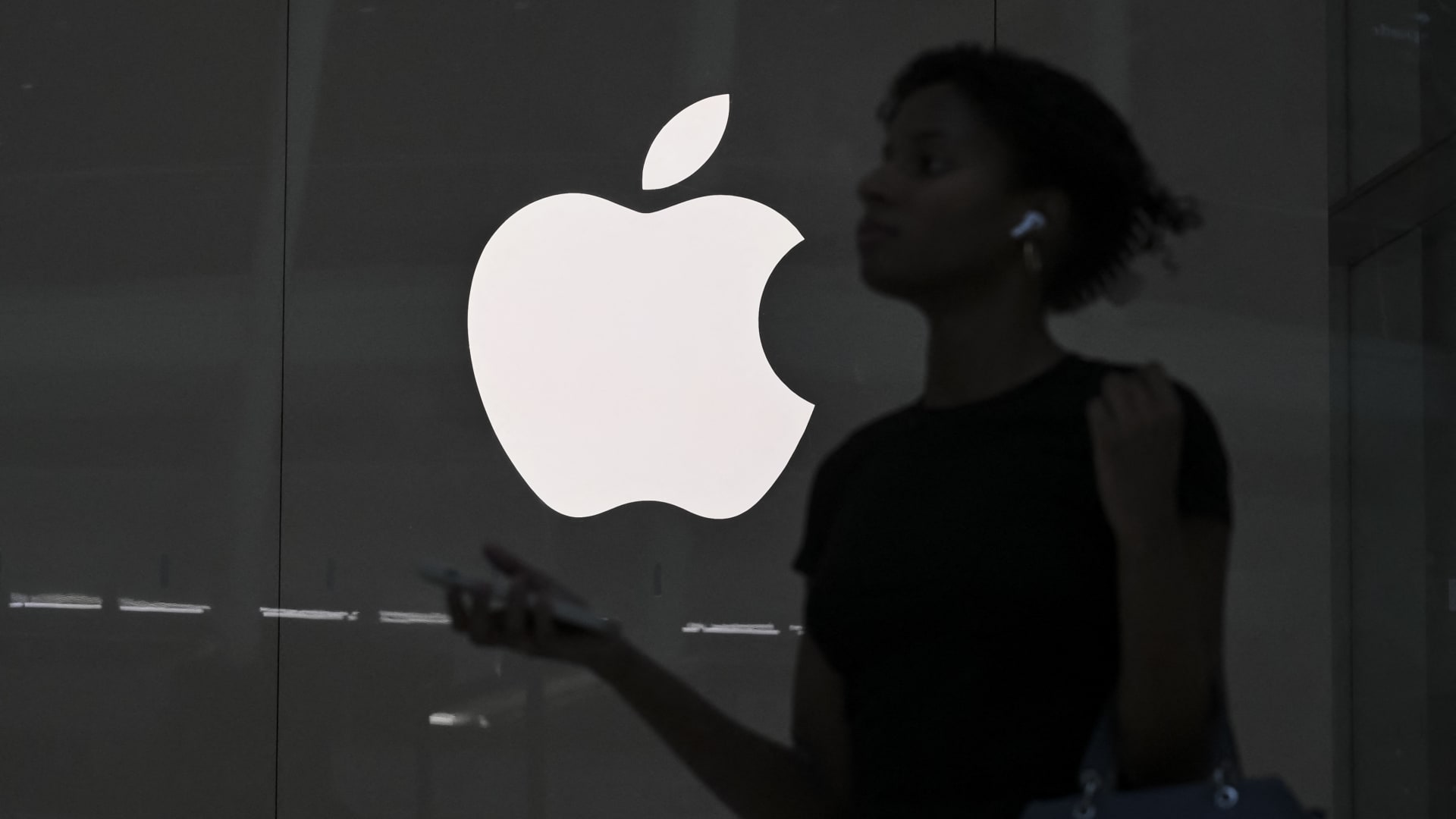Unlock the Editor’s Digest for free
Roula Khalaf, Editor of the FT, selects her favourite stories in this weekly newsletter.
One of the top US officials overseeing OpenAI’s restructuring has warned she will take legal action against the ChatGPT maker if it fails to stick to public interest pledges Sam Altman agreed in negotiations to unlock the deal.
Kathy Jennings, the attorney-general of Delaware, told the Financial Times she consented to the deal after securing multiple binding legal commitments from Altman, OpenAI’s chief executive. They require the $500bn start-up to prioritise AI safety over its shareholders’ commercial gain.
The final agreement, announced on Tuesday, puts key decisions, including launching a public listing, in the hands of the non-profit OpenAI Foundation, which has a 26 per cent stake in the for-profit arm, called the OpenAI Group, worth $130bn.
“Anyone who is familiar with our work knows we are not shy to go into the courtroom to benefit the public if we need to,” said Jennings, who has previously taken legal action challenging Elon Musk’s so-called Department of Government Efficiency.
The complex restructure was finalised late on Monday night, after direct talks between Altman, Jennings and her California counterpart, Rob Bonta, according to multiple people with direct knowledge of the process.
OpenAI’s chief financial officer, Sarah Friar, worked in parallel to negotiate financial terms directly with Amy Hood, her counterpart at Microsoft, which is OpenAI’s biggest shareholder under the new structure, they added.
The deal, after more than a year of negotiations, enables investors to hold equity for the first time and unlocks a future stock market offering.
Altman said on Tuesday that an IPO was the most likely path for the AI group, though the company said it was too early to settle the timing or size of the raise. “An IPO is not our focus, so we could not possibly have set a date,” the company said.
As part of the restructuring discussions, Jennings and Bonta sought to codify language in OpenAI’s charter, which lays out principles to ensure AGI — AI which surpasses human intelligence — benefits humanity.
It also commits OpenAI to join forces with any “safety-conscious” rival that has a good chance of reaching OpenAI’s goal of creating AGI within a two-year timeframe.
“The charter was important to us [and was] one of the key concessions that we got,” said Owen Lefkon, a senior attorney in Jennings’s office, who worked on the agreement. “Up until this week, it was just a page on a website. As of today, the company has committed to two state attorneys-general that it will be used to execute the mission going forward.”
Jennings said Altman’s agreement to place OpenAI’s safety and security committee, which has the power to block the release of AI models, under the OpenAI Foundation rather than the OpenAI Group was also “a critical turning point in our discussions”.
“The question all along was whether OpenAI would reorient away from its charitable goals and towards profit-making. [Tuesday’s] agreement has meaningful provisions which mean the mission controls the operations,” said Jill Horwitz, a professor at Northwestern University and UCLA and expert in non-profit law.
These commitments mean OpenAI’s shareholders — including SoftBank and venture capitalists such as Thrive Capital and Khosla Ventures — are still exposed to unique risks from the start-up’s governance.
But it is unclear how some of these requirements will work in practice. Microsoft chief executive Satya Nadella on Tuesday questioned the definition of AGI, calling it a “nonsensical word”.
Microsoft, which has invested $13.75bn into OpenAI, agreed new terms with the start-up after Hood and Friar “took the deal offline and away from the lawyers” to iron out the final details last week, according to a person with knowledge of the matter.
The companies signed a draft agreement on September 11, and set a 45-day countdown to finalise terms by this week. The last piece to fall into place was a pledge from OpenAI to spend $250bn with the technology giant’s cloud arm over time.
“That was the final sticking point to be resolved and it got finalised over the weekend between Sarah and Amy,” said one person with knowledge of the talks. The pair both worked at Goldman Sachs in the early 2000s and have known each other for decades.
Microsoft, which will take a 27 per cent stake worth $135bn in the OpenAI Group, extracted another important concession: the group and its AI chief Mustafa Suleyman are now free to pursue AGI on its own and with third parties, having been prevented from doing so under the previous contract.
OpenAI, meanwhile, insisted on being able to ringfence significant pieces of “AGI-level” research from Microsoft, provided those were not commercialised, according to a person familiar with the discussions.
